Trump Withdraws the United States From the World Health Organization
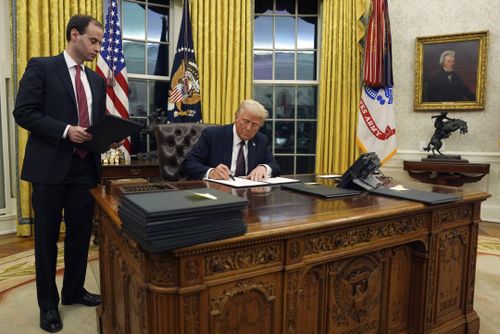
The executive order directing the US withdrawal lists the pandemic as one reason, along with WHO's "mishandling of ... other global health crises, its failure to adopt urgently needed reforms, and its inability to demonstrate independence from the inappropriate political influence of WHO member states."
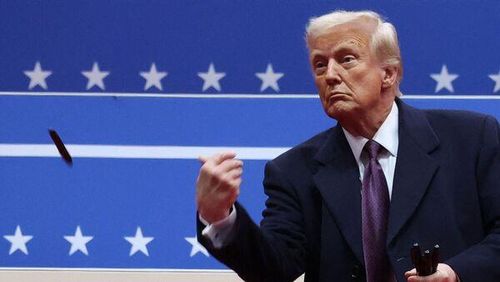
The WHO, based in Geneva, plays a crucial role in addressing global health threats, including infectious diseases, humanitarian crises, and chronic conditions like cancer and heart disease.
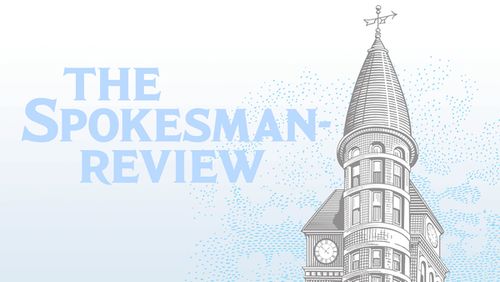
Lawrence O. Gostin, a public health law expert at Georgetown University who helped negotiate the treaty, said that a United States withdrawal from the WHO would be “a grievous wound” to public health but an “even deeper wound to American national interests and national security.”
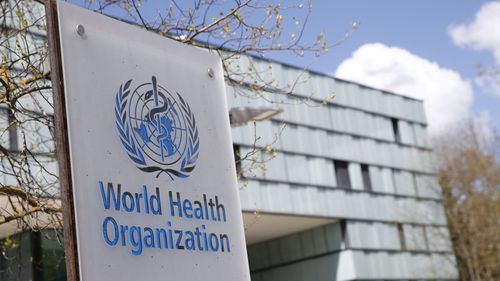
The day-one executive order fulfills Trump's campaign promise to reject global institutions. Health experts worry it isolates the U.S. with consequences for pandemic and disease response and diplomatic relations worldwide. WHO, part of the United Nations, is tasked with preparing for and fighting health emergencies.
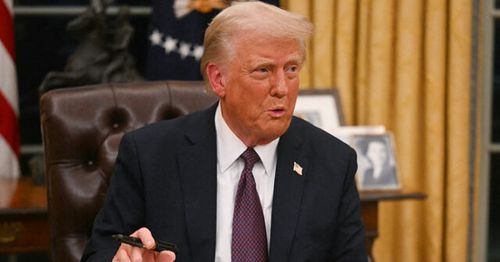
President Donald Trump signed an executive order to withdraw the United States from the World Health Organization (W.H.O.) Trump said he felt that it “seemed a little unfair.” The U.S. “paid $500 million to [the] World Health Organisation when I was here, and I terminated it,” Trump said.
